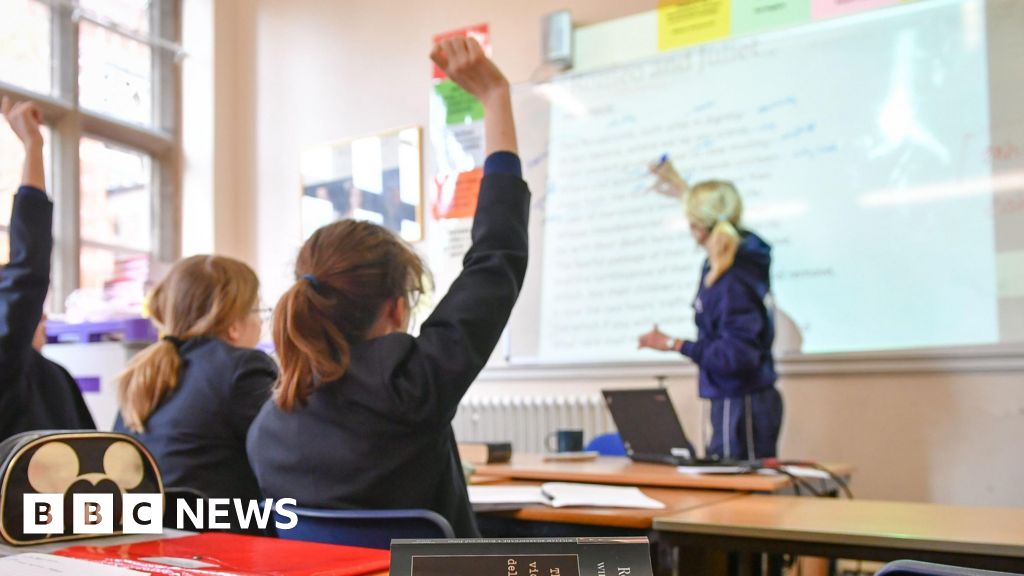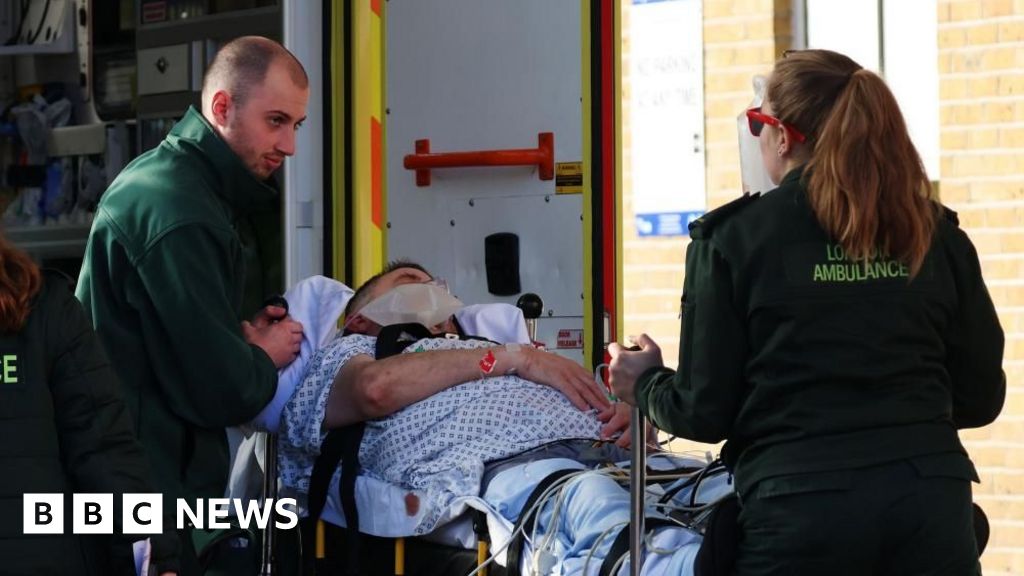ARTICLE AD BOX
Image source, PA Media
Image caption,Lord Lebedev is a longstanding friend of the prime minister
The government could be forced to release information on the decision to give newspaper mogul Evgeny Lebedev a seat in the House of Lords.
Boris Johnson has denied overruling security service concerns about giving the Russian-born businessman a peerage.
Advice issued by the prime minister's private office to the committee that vets peerages is confidential.
But the Labour party is attempting to force publication of it using Parliamentary procedures.
Lord Lebedev, who owns the Independent and London Evening Standard, was given a peerage in July 2020, for philanthropy and services to the media, after being nominated by Mr Johnson.
The son of a former KGB agent turned banker, Lord Lebedev has denied posing a "security risk" to the UK, and insisted he is "proud to be a British citizen and consider Britain my home".
Mr Johnson is known to have been aware of security service concerns about granting Evgeny Lebedev a seat in the UK's Parliament.
Former No 10 adviser Dominic Cummings has said he was "in the room" when the prime minister was told intelligence officials had "serious reservations" about the move. Another source has confirmed to the BBC that concerns were raised by security services.
Press reports suggest the PM was advised against awarding the peerage by the House of Lords Appointment Commission (HOLAC), which later changed its advice. HOLAC has declined to comment, beyond saying it vetted Lord Lebedev and advised the prime minister.
Labour is attempting to force the government to release documents containing advice to, or from, the prime minister's private office and the Cabinet Office to HOLAC relating to Lord Lebedev's peerage.
The party also wants the publication of all relevant emails and the minutes of any meetings at which the peerage was discussed.
They will later table a Humble Address motion, an obscure Parliamentary procedure that was used by Sir Keir Starmer in 2017 to force the publication of Brexit material. If passed, the government will have until 28 April to publish the material. although it is not clear how much of it would be redacted on national security grounds.
Conservative MPs have been ordered to abstain, rather than vote against the motion, in an attempt to head off a rebellion by Tory MPs who also want to see the material published. This is likely to increase the chances of the motion being passed.

 3 years ago
37
3 years ago
37








 English (US) ·
English (US) ·